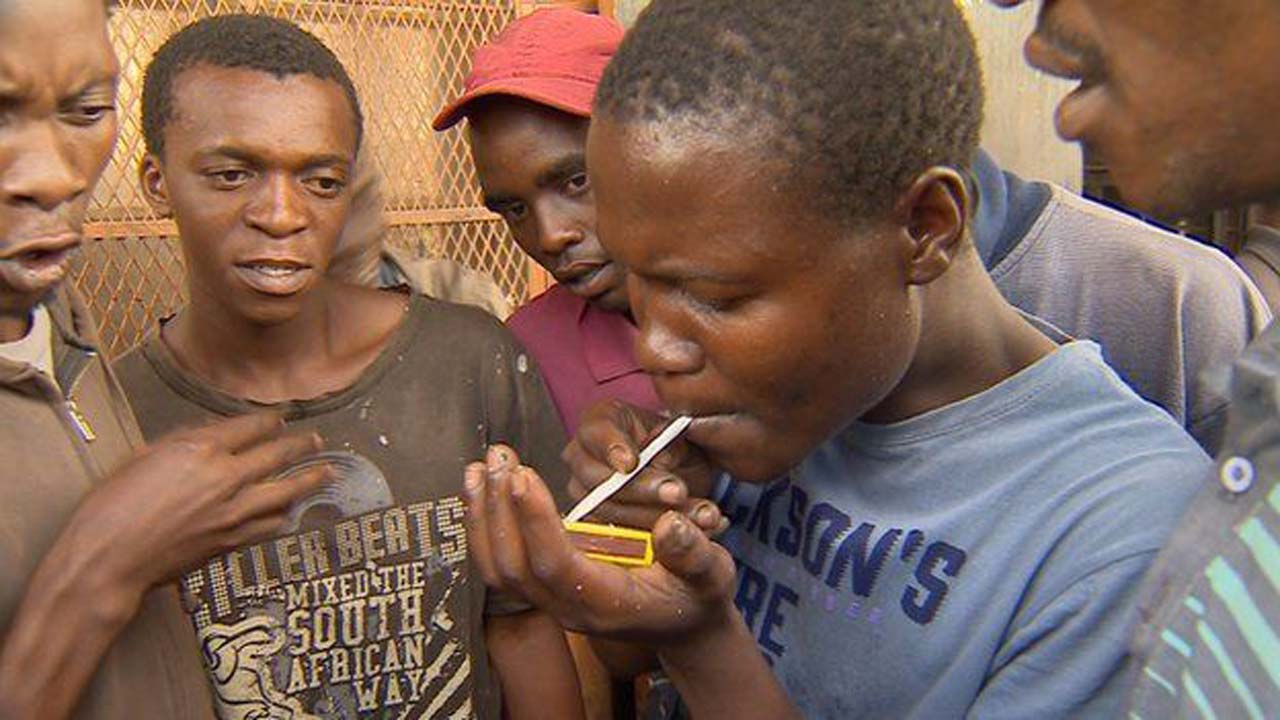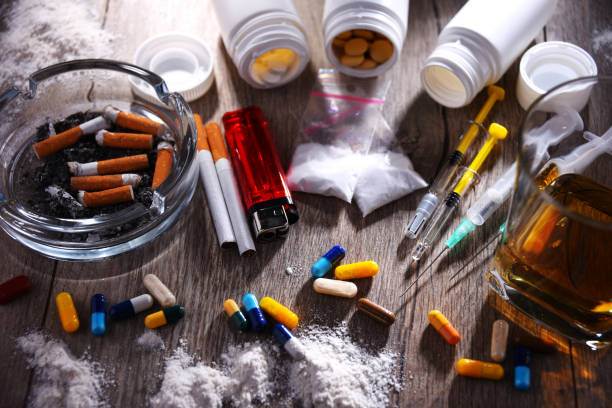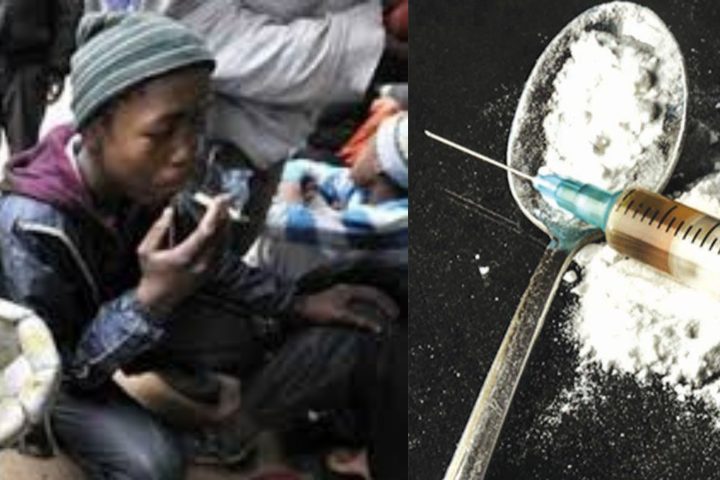Introduction
The rise in drug abuse among teenagers and secondary school students in Nigeria has become a national concern. What used to be rare is now becoming increasingly common—children as young as 13 are abusing substances like inhalants (gum, glue, petrol) and cannabis, often in or around school premises.
Behind this disturbing trend are deep-rooted societal issues: peer pressure, poverty, and a glaring absence of drug education in schools. This silent epidemic is quietly damaging the minds, futures, and lives of Nigeria’s next generation.
1. The Alarming Rise of Inhalants and Cannabis Use
Inhalants (Glue, Gum, Petrol)
Cheap, easy to find, and often overlooked, inhalants like glue, solvent gum, and even petrol fumes have become dangerous go-to drugs for teens in low-income communities. These substances induce short-term highs, hallucinations, and euphoria—but at the cost of long-term brain damage, addiction, and even death.
Fact: According to local NGOs, the number of teenagers abusing inhalants has tripled in some urban slums over the past five years.
Cannabis (Marijuana)
Cannabis, locally known as “weed” or “Igbo,” is increasingly popular among older teens. It’s often smoked in secret gatherings, school parties, or even hidden corners near classrooms. While some teens see it as “natural,” prolonged use can lead to mental health problems, poor academic performance, and a life of crime.
2. What’s Fueling Teen Drug Abuse in Nigeria?
a. Peer Pressure
Secondary school students are heavily influenced by friends and social groups. To gain acceptance, many feel the need to “try it just once”—which quickly leads to repeated use.
Quote from a recovering student:
“I never planned to smoke. But everyone else did it after class… I just wanted to fit in.”
b. Poverty and Unstable Home Environments
In many underserved areas, children face neglect, hunger, and exposure to street life. Drug use often becomes a coping mechanism. Inhalants, in particular, are cheap and easy to access, making them a dangerous choice for children from poor backgrounds.
c. Lack of Drug Education in Schools
Most Nigerian secondary schools do not offer structured drug education, leaving students unaware of the dangers. Many don’t know that inhalants are even considered drugs. Without proper information, myths, peer advice, and social media become the primary sources of knowledge.
3. The Consequences: A Generation at Risk
- Mental Health Disorders: Frequent use of cannabis and inhalants can trigger anxiety, depression, and schizophrenia, especially in developing teenage brains.
- School Dropout and Poor Academic Performance: Drug-using students often perform poorly, lose interest in education, and eventually drop out.
- Criminal Behavior: Drug addiction leads many teens to theft, cultism, or gang activity, further fueling societal insecurity.
- Long-term Addiction: Many young abusers graduate to stronger drugs like tramadol and codeine in adulthood, continuing the cycle.
4. What Needs to Be Done?
a. Integrate Drug Education into School Curriculums
Government and school boards must mandate age-appropriate drug education in all secondary schools. Students need to understand the real-life dangers and consequences of drug use early on.
b. Establish Counseling and Anti-Drug Clubs
Every school should have trained counselors and peer-led anti-drug clubs where students can share, learn, and support each other. These safe spaces help reduce stigma and provide alternatives to drug use.
c. Community Outreach and Parental Involvement
Parents, religious leaders, and local community groups must be actively involved in monitoring and guiding teens. Free community seminars and workshops can help raise awareness, especially in rural or low-income areas.
d. Government Support for Rehabilitation
Create youth-focused rehabilitation centers across regions. Teenagers need support, not punishment, when they fall into addiction. Recovery should be made accessible and affordable.
Conclusion
Drug abuse among Nigerian teenagers and secondary school students is no longer just an urban problem—it’s a nationwide crisis. With inhalants and cannabis becoming the new “normal,” we are at risk of losing an entire generation to addiction, crime, and mental illness.
To stop this trend, we must act collectively and urgently. Schools, parents, communities, and governments must come together to educate, protect, and rehabilitate our children. The future of Nigeria lies in its youth—and it must be preserved at all costs.
Tags: #TeenDrugAbuse #InhalantAbuse #CannabisUse #NigerianYouthCrisis #DrugEducationNigeria #StopDrugAbuse #SecondarySchoolDrugs #MentalHealthNigeria #YouthAware



